- Category
- War in Ukraine
How Putin’s Inside Man Started His Career by Sending Ukrainian Dissident Poet Vasyl Stus to the Gulag
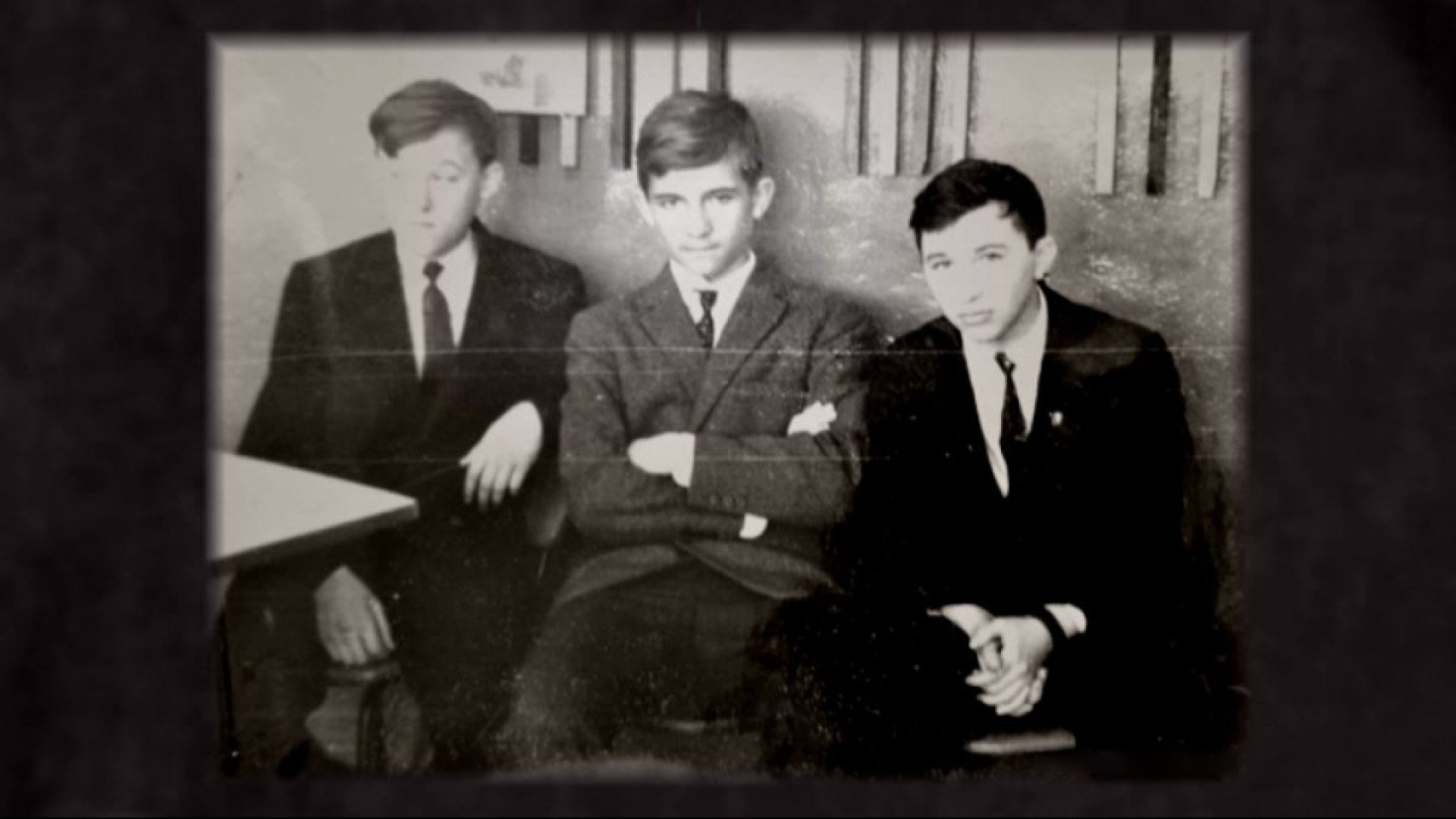
Forty years ago, a close associate of Vladimir Putin played a key role in the murder of one of Ukraine’s most celebrated dissident writers. Today, he is orchestrating espionage networks for Russia throughout Europe.
On September 4th, Ukrainian poet and human rights activist Vasyl Stus died in a camp near the village of Kuchino in Russia’s Perm Region. At the time, he served his second sentence for participating in a human rights organization. Among those responsible for sending Stus to prison was Viktor Medvedchuk, a close ally of Putin. Medvedchuk, who was supposed to be Stus’s defense attorney, instead pleaded guilty on behalf of his client, sealing Stus’s fate. For years, Medvedchuk significantly influenced Putin’s views on Ukraine, and he now continues to establish espionage networks across Europe.
Vasyl Stus, a symbol of Ukrainian dissent
On September 4th, 1965, during the premiere of Serhiy Paradzhanov’s film “Shadows of Forgotten Ancestors,” Vasyl Stus and a few colleagues protested against the illegal arrests of Ukrainian intellectuals by Soviet authorities.
As a result, the once-promising student was expelled from his postgraduate studies in the Donetsk National University and was forced to endure hard labor for the rest of his life. This protest was one of the first in the post-Stalin USSR and the first public demonstration against political repression in Soviet Ukraine.
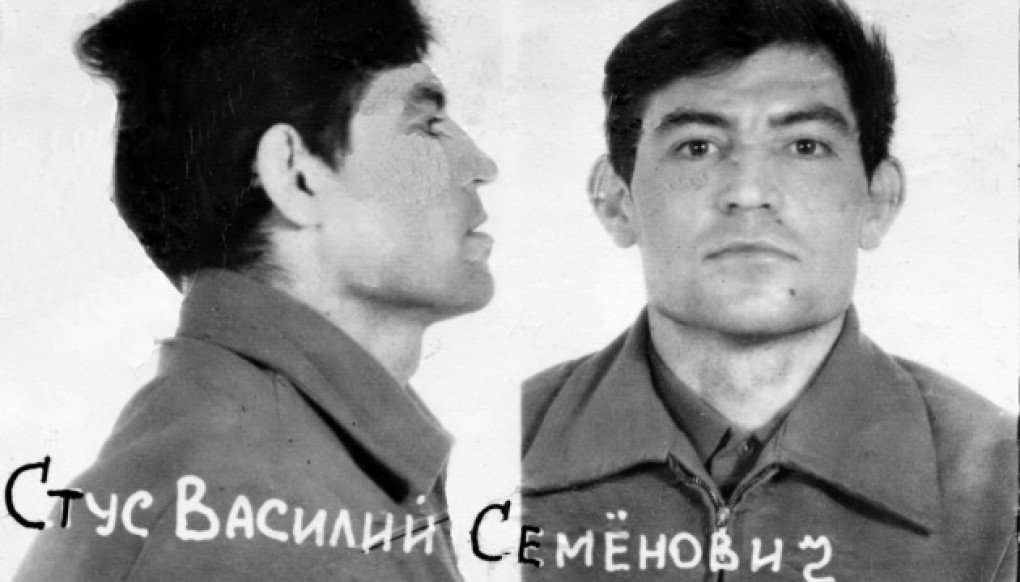
Despite the hardships, Stus never abandoned his writing or his advocacy for Ukrainian rights. In 1976, while serving his first sentence, he renounced his Soviet citizenship, famously declaring, “To be a Soviet citizen means to be a slave.” In 1979, Stus joined the Ukrainian Helsinki Group, which led to his second imprisonment. During this trial, Viktor Medvedchuk was appointed as Stus’s lawyer, and without Stus’s consent, Medvedchuk admitted his client’s “guilt.”
“The year 1980 was marked by numerous unjust sentences and persecutions of human rights defenders in our country. But even against this tragic backdrop, the sentence of the Ukrainian poet Vasyl Stus stands out for its inhumanity. A person’s life is utterly destroyed as punishment for basic decency and nonconformity, for staying true to one’s beliefs and to one’s self,” wrote scientist and human rights defender Andrei Sakharov.
In late August 1985, Stus was punished with solitary confinement for resting his hand on a bunk while reading in his cell. In protest, he began a dry hunger strike, and he died on the night of September 3rd.
Viktor Medvedchuk, from Soviet lawyer to Putin’s inside man
While at university, Medvedchuk became the commander of a Komsomol squad of the so-called DND — the voluntary people’s militia. In November 1973, the young police assistants led by Medvedchuk severely assaulted a minor and ended up in court. The court sentenced Viktor Medvedchuk to two years in prison, and he was expelled from university. However, just a few months later, his sentence was significantly reduced, and a year later, Medvedchuk was reinstated in the law faculty. Biographers believe this was due to his agreement to cooperate with the KGB.
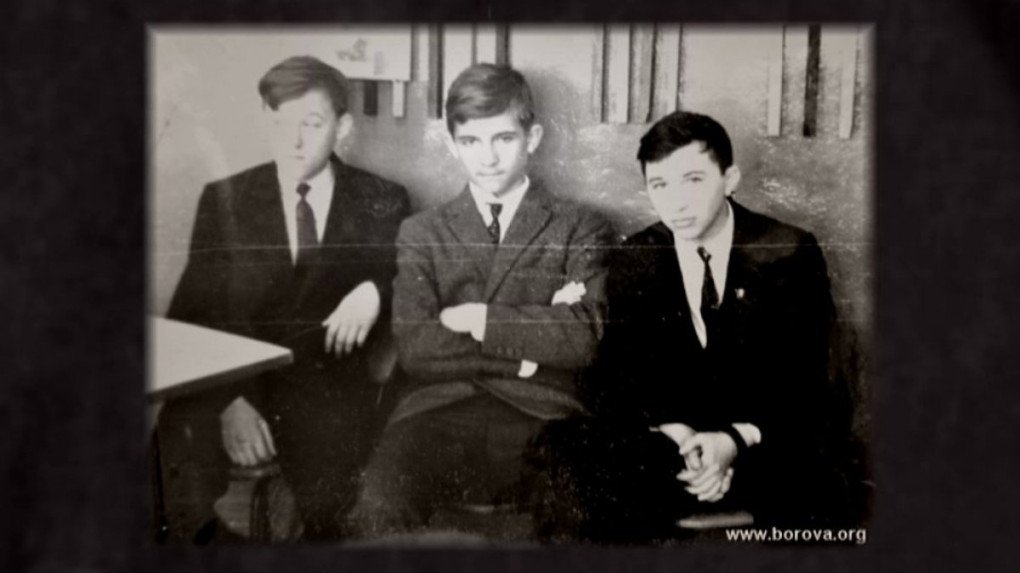
Medvedchuk began his career as a lawyer in the Soviet Union, but defending his clients was often not his priority.
Several dubious verdicts against Ukrainian intellectuals were handed down with his involvement. After the collapse of the Soviet Union, Medvedchuk leveraged his connections with former Soviet officials to quickly transition into business and politics.
Medvedchuk’s political views have remained largely unchanged since the 1990s. He has always believed that Ukraine should be a Russian satellite. In 2004, he and his Kremlin handlers attempted to install Viktor Yanukovych as Ukraine’s leader, a plan that was ultimately foiled by the Orange Revolution.
Medvedchuk not only executed Putin’s political directives in Ukraine but also had a close personal relationship with him. In 2004, Putin became the godfather of Medvedchuk’s younger daughter, Daria, with the wife of then-Russian Prime Minister Dmitry Medvedev acting as her godmother.
After the Orange Revolution, Russia shifted its focus to economic expansion and political absorption of Ukraine. Medvedchuk played a key role in this strategy by creating pro-Russian organizations in Ukraine to spread Russian narratives and increase Moscow’s influence.
Following the Revolution of Dignity, when Russia had already annexed Crimea and sent troops into Ukraine’s Donetsk and Luhansk regions, Medvedchuk continued his work with the Kremlin. In the following years, he built a media empire that promoted pro-Russian narratives until sanctions were imposed on it in 2021.
Medvedchuk’s role in Russia’s invasion of Ukraine
Putin initially planned to capture most of Ukraine within weeks, a strategy supported by Medvedchuk, who continued to advise the Kremlin on Ukrainian affairs.
Medvedchuk had been under 24-hour house arrest since 2021 on charges of treason and attempting to loot national resources. While his wife fled Ukraine five days before the full-scale invasion, Medvedchuk managed to escape house arrest on February 27th but was later detained.
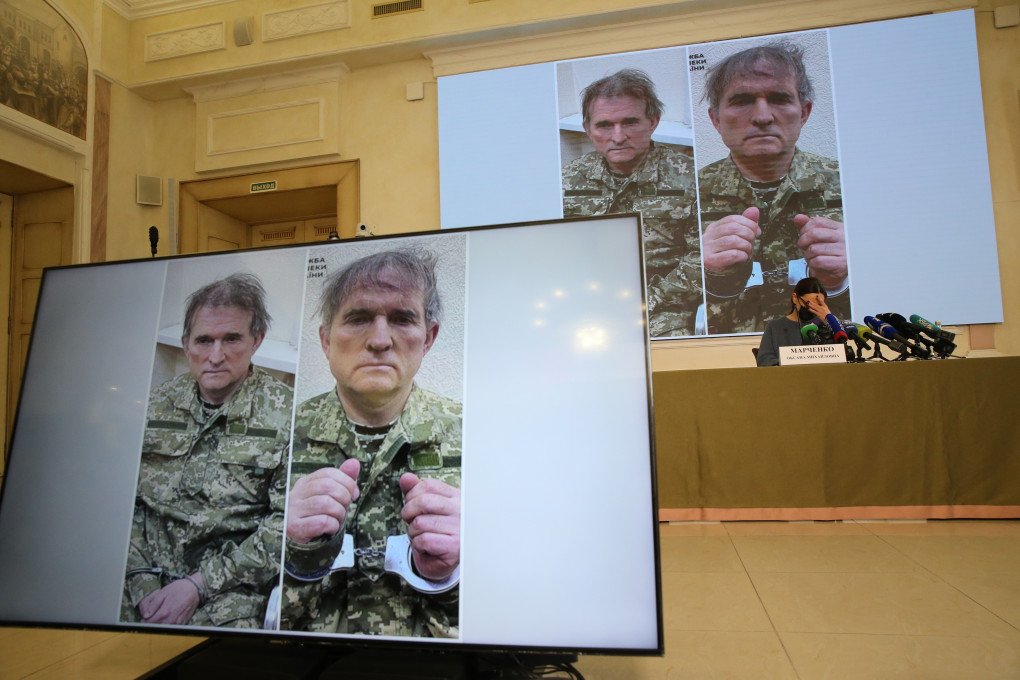
To understand Medvedchuk’s importance to Putin, consider the results of a prisoner exchange: In exchange for Medvedchuk and 55 other occupiers, Ukraine secured the return of 215 defenders, including 108 fighters from the Azov Brigade and 10 foreign defenders. This exchange also facilitated the release of Azov commanders.
Medvedchuk’s influence in Europe
Medvedchuk’s ideas, which he sought to promote to Putin, have consistently faced setbacks due to Ukrainian resistance. However, these failures have not diminished Putin’s loyalty to Medvedchuk, who continues to hold influence in Russian politics.
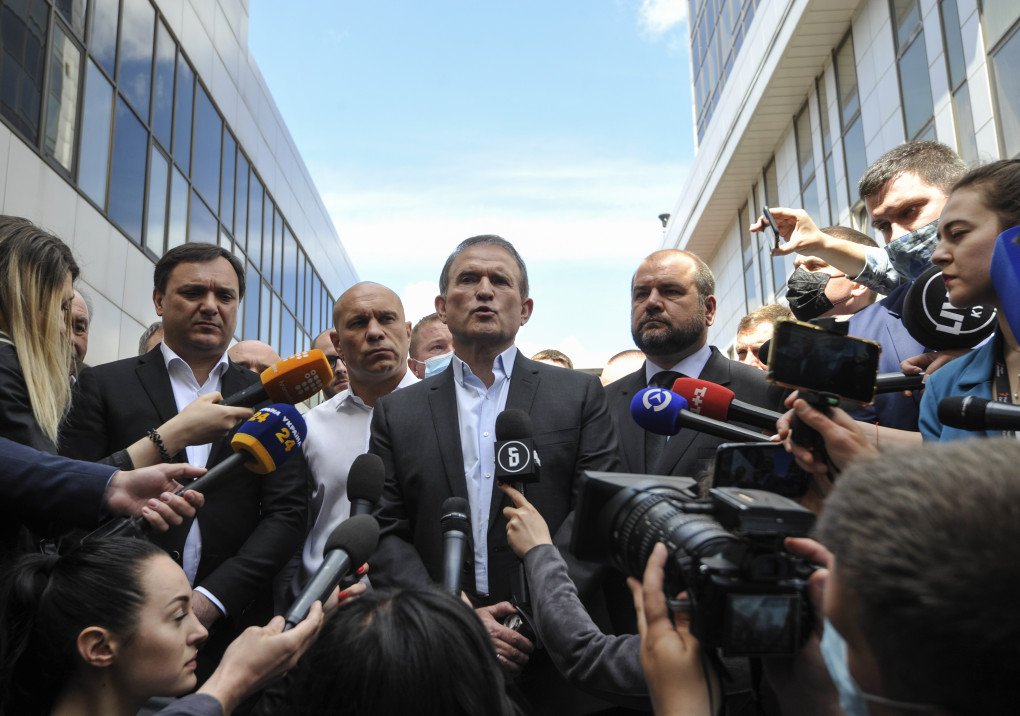
Following Medvedchuk’s exchange, in 2024, an EU-wide Russian propaganda network he oversaw was uncovered. Czech authorities revealed a Russia-funded network spreading propaganda and bribing European politicians. According to Czech intelligence, the operation was led by Medvedchuk and used a news website registered last year, Voice of Europe, to carry out its activities. On this website, European politicians regularly published calls to end support for Ukraine. According to media reports, these authors were paid amounts comparable to campaign expenses for the upcoming European Parliament elections.
The implicated politicians came from Germany, France, Belgium, the Netherlands, Poland, and Hungary.
Despite arriving in Russia as a Ukrainian traitor stripped of his citizenship, media reports have revealed that Viktor Medvedchuk quickly established an oil business and continues to amass assets, which could evidently be used to further spread Russian narratives.
-206008aed5f329e86c52788e3e423f23.jpg)
-35249c104385ca158fb62273fbd31476.jpg)


-554f0711f15a880af68b2550a739eee4.jpg)


